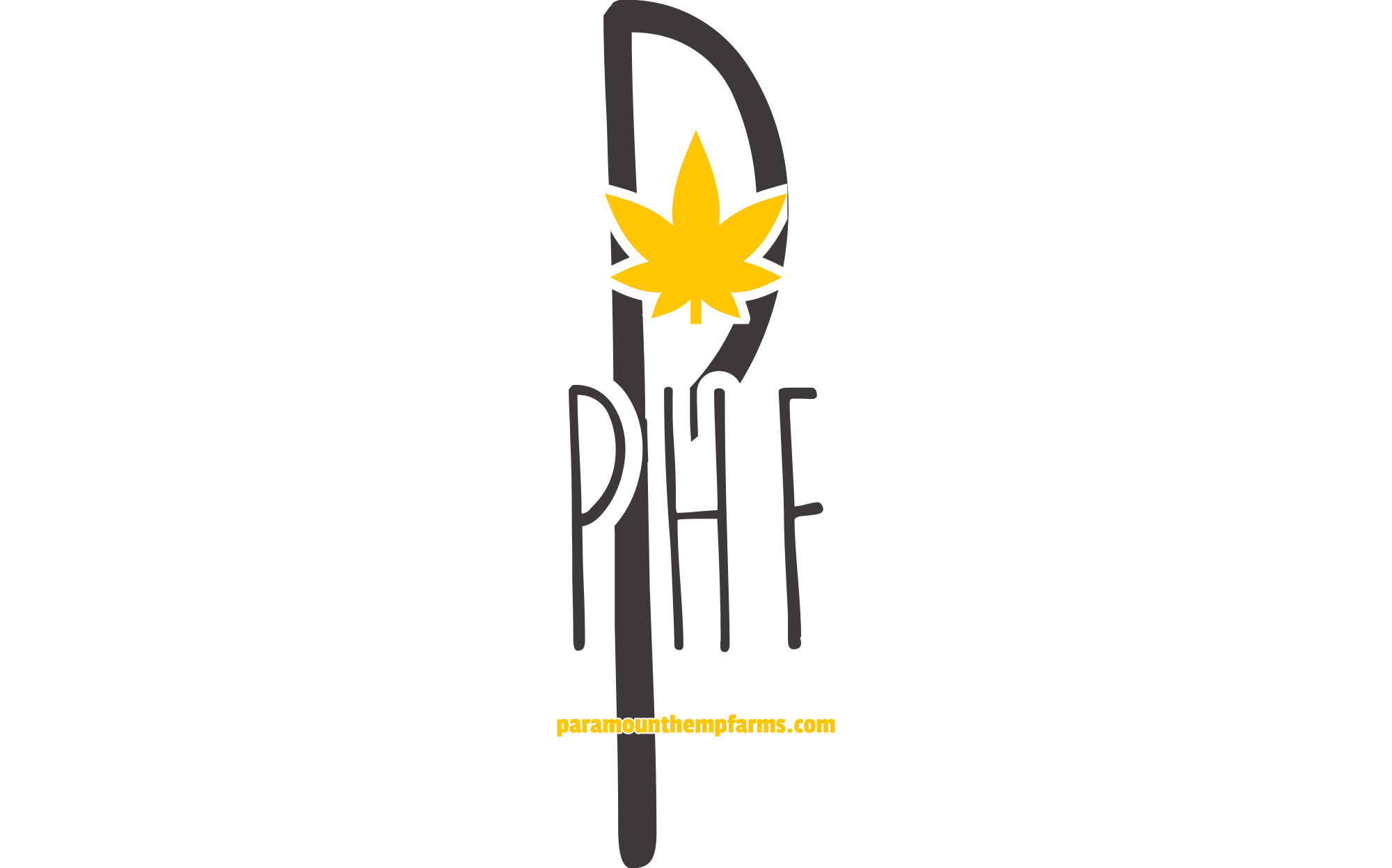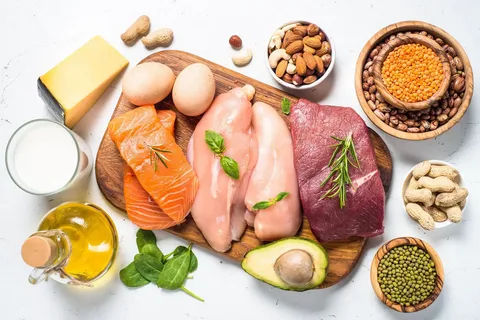Understanding Protein and Its Importance
Protein is one of the three macronutrients, along with carbohydrates and fats, that are essential for human health. Proteins are made up of amino acids, which are the building blocks of cells, tissues, and organs in the body. Dietary protein is necessary for muscle repair and growth, enzyme function, immune system support, and the production of hormones and neurotransmitters.
What Makes a Food Almost Pure Protein?
Foods that are almost pure protein are those with a very high proportion of protein compared to other macronutrients like carbohydrates and fats. These foods typically contain minimal amounts of carbohydrates and fats, making protein the primary macronutrient. While no food is entirely pure protein, some come close due to their exceptionally high protein content relative to their calorie count.
The Top 10 Foods That Are Almost Pure Protein
Chicken Breast
Chicken breast is a lean source of protein, with approximately 31 grams of protein per 3-ounce (85-gram) serving and minimal amounts of fat and carbohydrates.
Turkey Breast
Similar to chicken breast, turkey breast is high in protein, providing around 30 grams of protein per 3-ounce (85-gram) serving and low levels of fat and carbohydrates.
Egg Whites
Egg whites are virtually pure protein, with each large egg white containing approximately 3.6 grams of protein and no fat or carbohydrates.
Tuna
Tuna is a lean source of protein, with canned tuna in water providing approximately 20 grams of protein per 3-ounce (85-gram) serving and negligible amounts of fat and carbohydrates.
Salmon
Salmon is rich in protein and healthy fats, with wild-caught salmon containing around 22 grams of protein per 3-ounce (85-gram) serving and minimal carbohydrates.
Greek Yogurt
Greek yogurt is high in protein and low in carbohydrates, with each 6-ounce (170-gram) serving providing approximately 17 grams of protein and 6 grams of carbohydrates.
Cottage Cheese
Cottage cheese is a dairy product that is high in protein and low in carbohydrates, with each half-cup (113-gram) serving containing around 14 grams of protein and 3 grams of carbohydrates.
Lean Beef
Lean cuts of beef, such as sirloin or tenderloin, are rich in protein and low in carbohydrates, with each 3-ounce (85-gram) serving providing approximately 25 grams of protein and minimal carbohydrates.
Tofu
Tofu, made from soybeans, is a plant-based source of protein, with each 3.5-ounce (100-gram) serving containing around 8 grams of protein and only 1 gram of carbohydrates.
Lentils
Lentils are legumes that are relatively high in protein and low in fat, with each 1-cup (198-gram) serving providing approximately 18 grams of protein and 40 grams of carbohydrates.
Health Benefits of High-Protein Foods
Consuming foods that are almost pure protein offers several health benefits, including
Muscle Repair and Growth
Protein is essential for repairing and building muscle tissue, making it particularly important for athletes and individuals engaging in strength training.
Satiety and Weight Management
Protein-rich foods are more filling and satisfying than foods high in carbohydrates or fats, which can help promote feelings of fullness and reduce overall calorie intake, leading to weight loss or weight maintenance.
Blood Sugar Control
Protein can help stabilize blood sugar levels by slowing the absorption of carbohydrates and reducing post-meal spikes in blood glucose levels.
Metabolic Health
Adequate protein intake is associated with improved metabolic health, including better insulin sensitivity, reduced inflammation, and lower risk factors for heart disease and type 2 diabetes.
How to Incorporate High-Protein Foods into Your Diet
Here are some tips for incorporating high-protein foods into your diet
Include Protein at Every Meal
Aim to include a source of protein with each meal and snack to meet your daily protein needs and promote satiety.
Choose Lean Protein Sources
Opt for lean sources of protein, such as poultry, fish, tofu, and legumes, to minimize intake of saturated fat and calories.
Combine Protein with Fiber
Pair protein-rich foods with high-fiber carbohydrates, such as vegetables, fruits, and whole grains, to create balanced meals that provide sustained energy and fullness.
Snack on Protein
Enjoy protein-rich snacks like Greek yogurt, cottage cheese, hard-boiled eggs, or protein bars between meals to curb hunger and prevent overeating.
FAQs
Can you eat too much protein?
While protein is essential for health, consuming excessively high amounts of protein can strain the kidneys and may lead to digestive issues or nutrient imbalances. It’s best to aim for a moderate intake of protein that meets your individual needs.
Are there any risks associated with a high-protein diet?
Some potential risks of a high-protein diet include kidney strain, nutrient deficiencies if other food groups are neglected, and an increased intake of saturated fat if protein sources are high in animal products. It’s important to maintain a balanced diet and consult with a healthcare provider if you have concerns.
Can I get enough protein on a vegetarian or vegan diet?
Yes, it is possible to meet protein needs on a vegetarian or vegan diet by including plant-based protein sources such as beans, lentils, tofu, tempeh, seitan, nuts, seeds, and soy products. Combining different plant-based protein sources can help ensure adequate protein intake.
Are protein supplements necessary for muscle building?
Protein supplements, such as protein powders or shakes, can be convenient options for increasing protein intake, especially for individuals with increased protein needs or those who have difficulty meeting protein requirements through whole foods alone. However, whole food sources of protein are generally preferred due to their additional nutritional benefits.
Can I consume high-protein foods if I have kidney disease?
Individuals with kidney disease may need to limit protein intake, as excessive protein consumption can strain the kidneys and worsen kidney function. It’s essential to follow the guidance of a healthcare provider or registered dietitian and adjust protein intake based on individual kidney function and medical history.
How much protein do I need per day?
Protein needs vary depending on factors such as age, sex, weight, activity level, and overall health status. As a general guideline, the Recommended Dietary Allowance (RDA) for protein is 0.8 grams per kilogram of body weight per day for adults. However, individual protein needs may be higher for athletes, older adults, and individuals recovering from illness or injury.
Are there any side effects of consuming too much protein?
Consuming excessive amounts of protein may lead to digestive discomfort, including bloating, gas, and constipation. Additionally, very high protein intakes over a prolonged period may increase the risk of certain health conditions, such as osteoporosis, kidney stones, or cardiovascular disease.
Conclusion
Foods that are almost pure protein offer valuable nutritional benefits and can be valuable components of a balanced and healthy diet. Incorporating high-protein foods like chicken breast, turkey breast, egg whites, tuna, salmon, Greek yogurt, cottage cheese, lean beef, tofu, and lentils into your meals and snacks can help support muscle repair and growth, promote satiety and weight management, stabilize blood sugar levels, and improve metabolic health. By choosing nutrient-dense protein sources and balancing them with other food groups, you can enjoy the health benefits of a protein-rich diet and enhance your overall well-being. Remember to consult with a healthcare provider or registered dietitian if you have specific dietary concerns or medical conditions related to protein intake.
- Understanding Breadcrumbing And Why It Leads To Unhealthy Relationships - June 5, 2025
- What Is The Difference Between Microcheating And Infidelity? - June 5, 2025
- Navigating Love When Your Partner Identifies Differently - June 4, 2025


